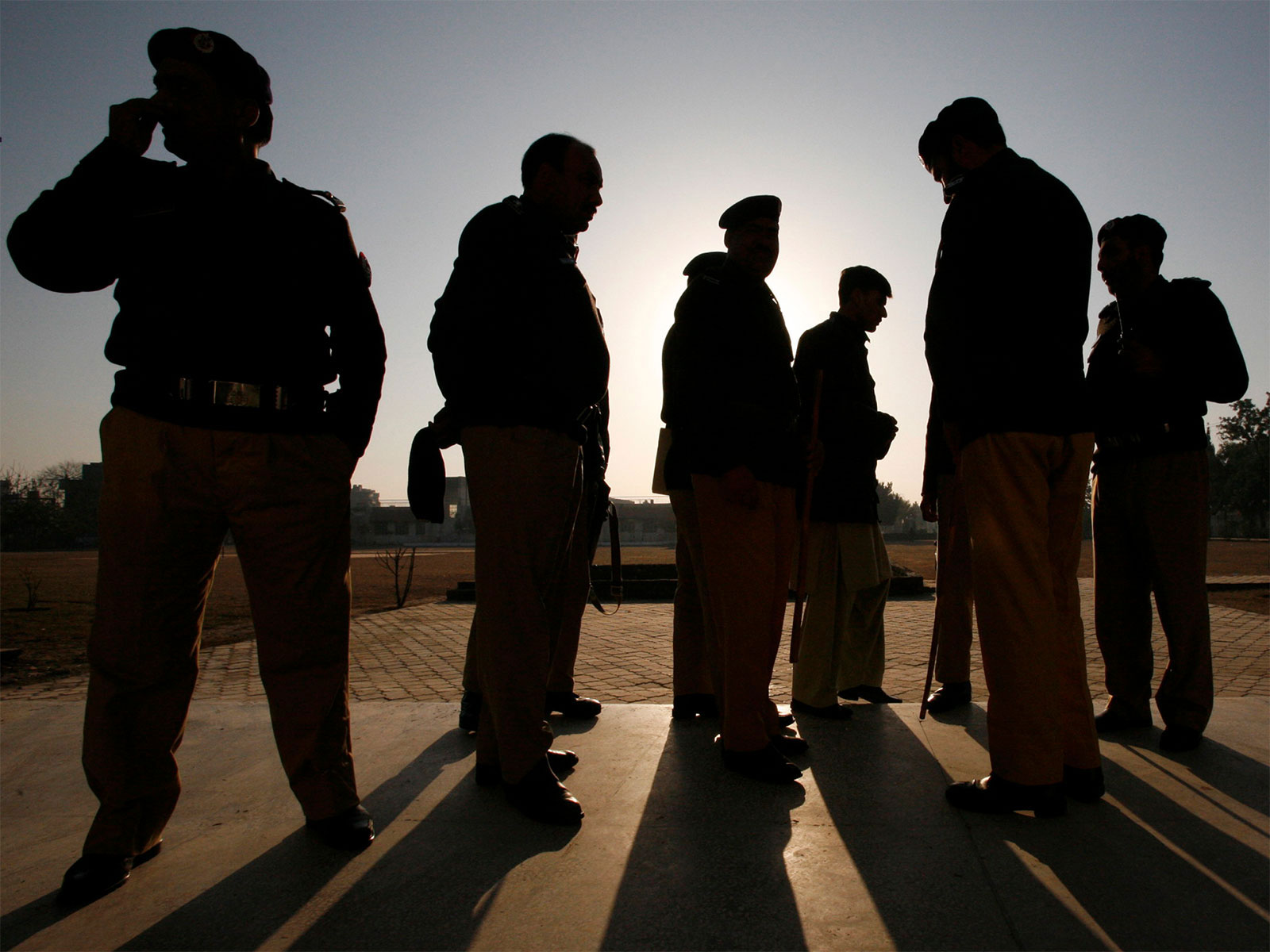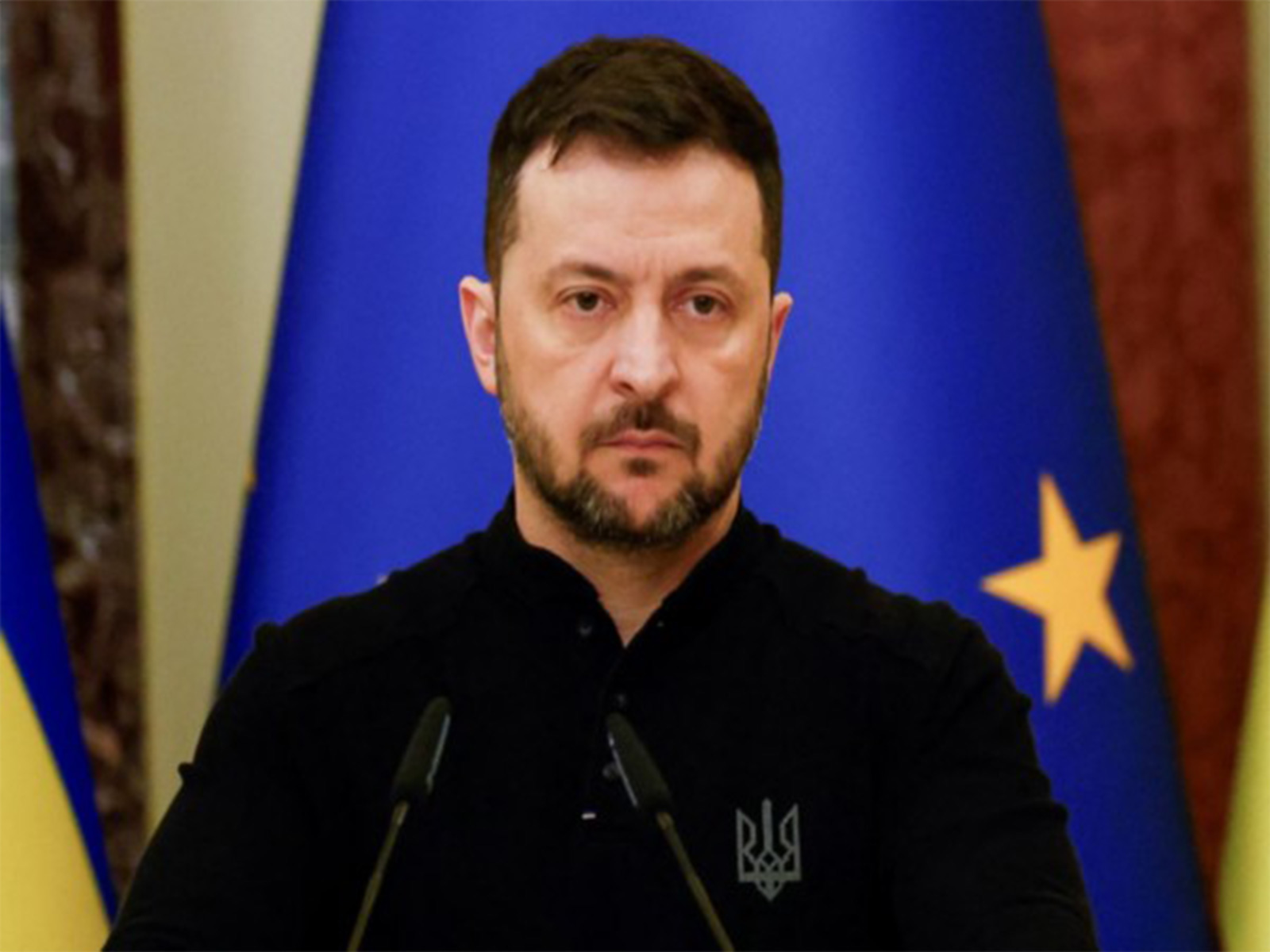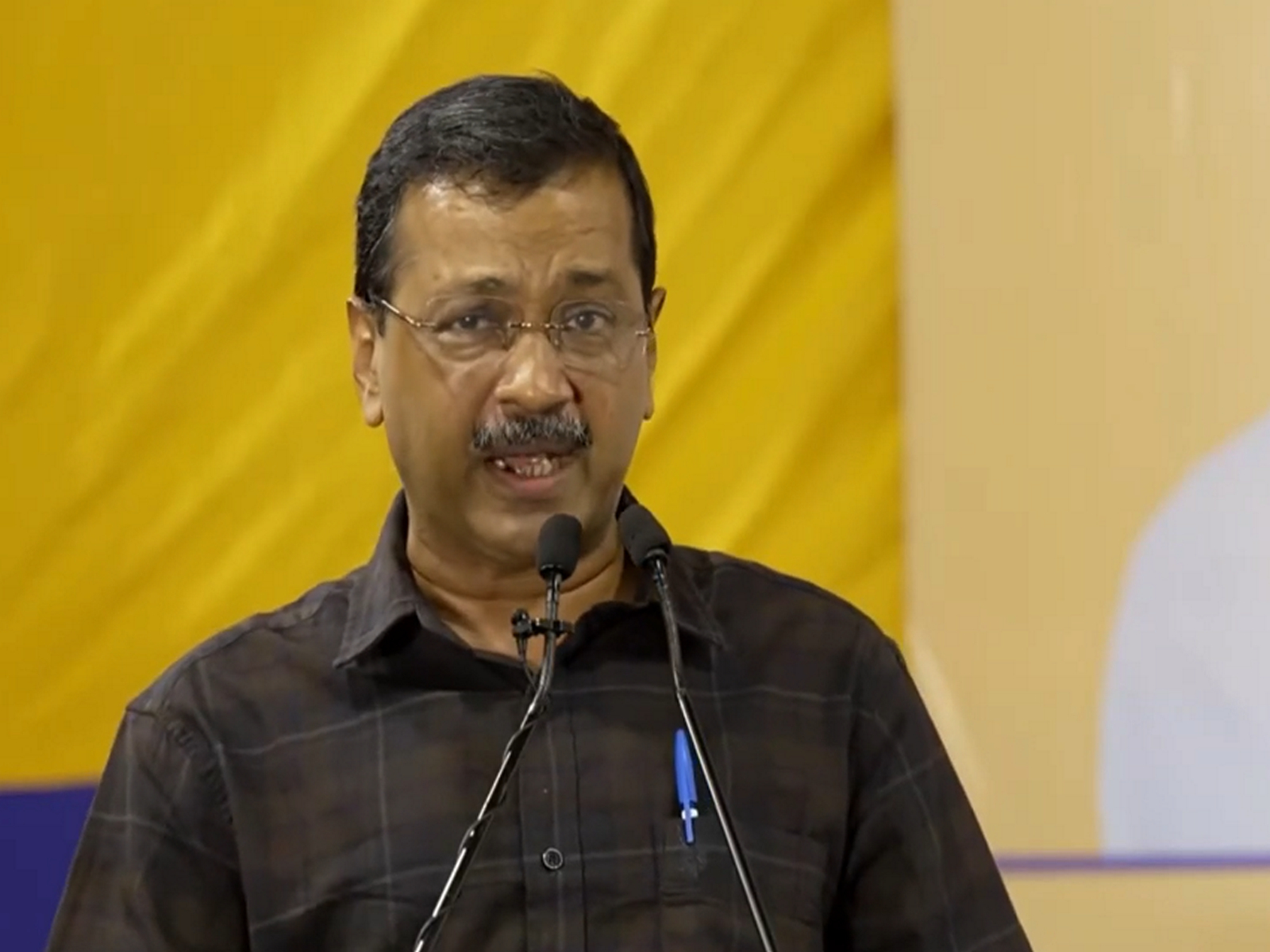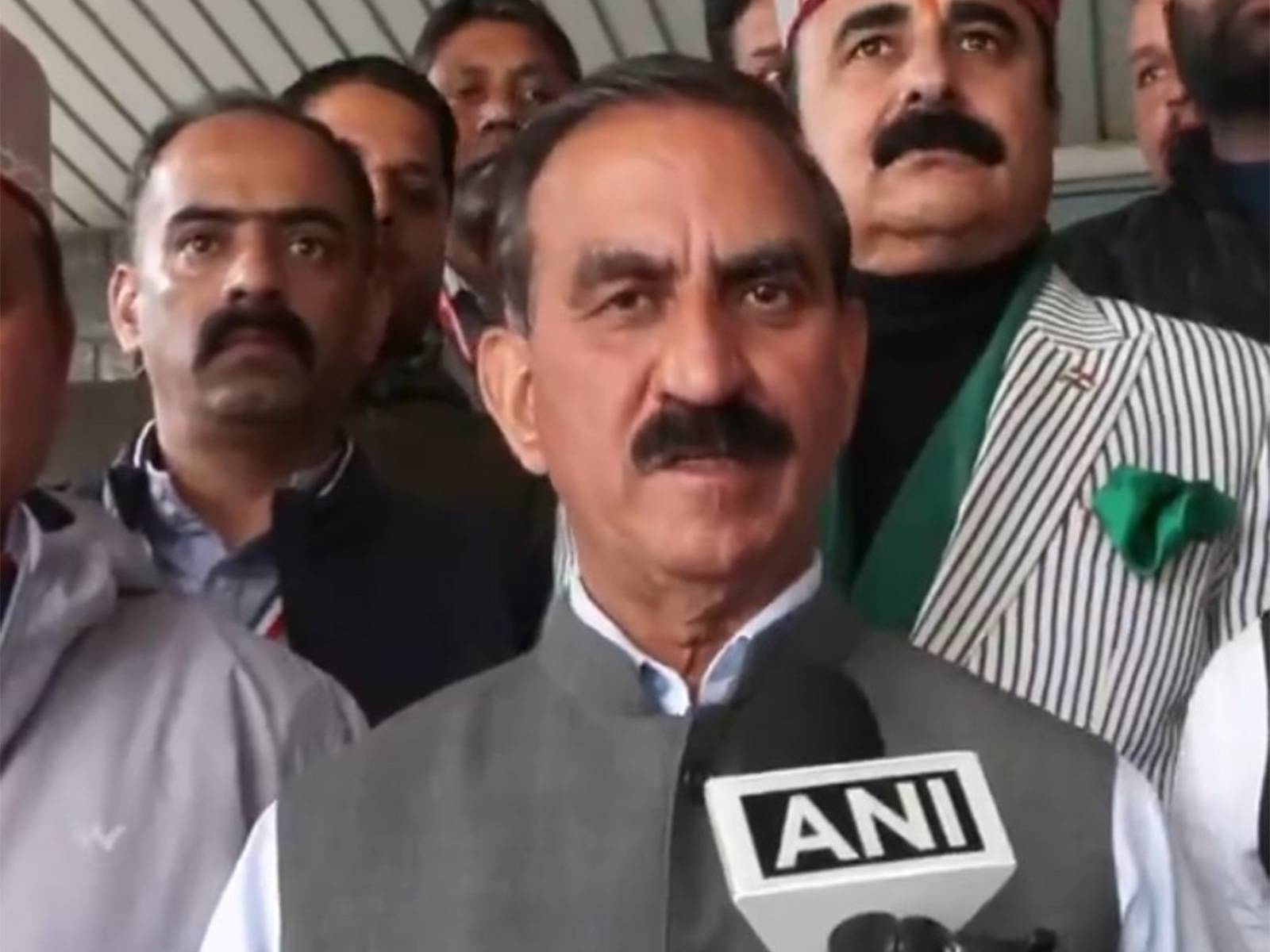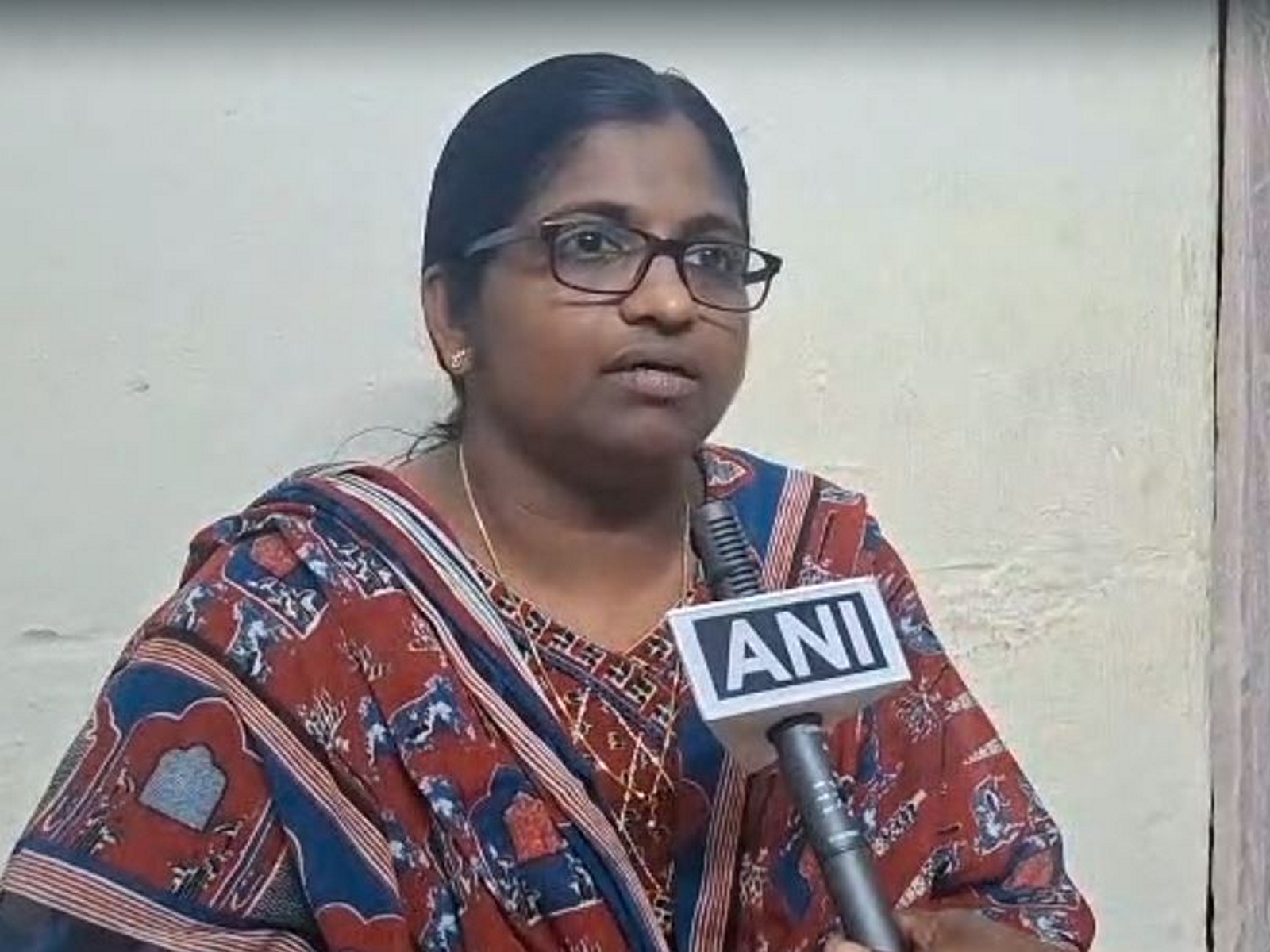Fate of Russian gas line project in doldrums as Pakistan looks at alternate pipeline
Jul 07, 2021

Islamabad [Pakistan], July 7 : The fate of Pakistan Stream Gas Pipeline (PSGP), also known as North-South Gas Pipeline, is in the doldrums as the Petroleum Division has started finalizing an alternate gas pipeline project by mid-July putting in jeopardy the ties with Russia, local media reported.
The News International reported that Pakistan and the Russian Federation had signed the amended Inter-Governmental Agreement (IGA) on May 28 in Moscow on Pakistan Stream Gas Pipeline Project (PSGP), now both the countries have to sign the share-holders Agreement (SHA) within 60 days from the signing of the protocol scheduled for July 27.
Moscow sent a letter to Islamabad on June 7, informing that a Russian delegation wants to visit Pakistan from June 22 for talks on the Heads of Terms and Shareholders Agreement with the participation of nominated entities ISGS and "PAKSTREAM" and competent authorities from the Pakistani side. But there was no immediate response from the Pakistan side.
According to the publication, the problems began soon after the signing of the amended IGA. As many as 27 days after the agreement was signed, CCOE (Cabinet Committee on Energy) that met on June 24 asked the Petroleum Division to finalize an alternate gas pipeline project by mid-July 2021, arguing there are massive negative consequences of the delay in the implementation of PSGP and the deadline set by the Supreme Court has already been missed with no imminent possibility of start of work.
"Therefore, an alternate plan needs to be finalized as soon as possible but not later than mid-July 2021," said the decision of CCOE.
The Petroleum Division carved out an alternate plan under which the Petroleum Division wants to build the LNG-III pipeline under the consortium of Sui Southern, Sui Northern and PAPCO - the company of PARCO.
The Petroleum Division favours the alternate project in case talks with Russia fail on the PSGP/also known as North-South Gas Pipeline. The Petroleum Division's proposal is based on Economic Coordination Committee (ECC) decision, of January 5, 2018, under which financing was approved for the 1.2 billion cubic feet per day gas (BCFD) capacity RLNG-III pipeline of 1,150 km from Karachi to Lahore through a 42-inch diameter pipeline.
Later, the CCOE decision, the Petroleum Division responded to the Russian letter and informed them of Pakistan's readiness to negotiate the shareholders agreement.
Meantime, the Special Assistant to Prime Minister Tabish Gauhar has already favoured the Sui Southern and Sui Northern to develop the LNG-III pipeline from Karachi to Lahore in place of PSGP, advocating that the country should not rely on external assistance as it would escalate the cost of the project.
The shareholders agreement and deal on heads of terms with Russia may take more than one and a half years before any ground work can get underway on the project. Besides, the Petroleum Division has made up its mind not to extend the guaranteed rate of returns to Russian side against its 26 per cent shares in Pakistan Stream Gas Pipeline.
According to Tabish Gauhar, it has been decided that the government will not provide any sovereign guarantee for profit on any foreign investment in Pakistan in all sectors of economy, whether it is in power and refining sectors.
Furthermore, Pakistani side will also not give the Russian side to look after O&M (operation and maintenance) of the project and wants Sui Southern and Sui Northern to run the operation and maintenance of the project.
"Under this scenario, the forthcoming talks between Pakistan and Russia are not likely to succeed," sources said and added: "That's why the Petroleum Division has started finalising its alternate pipeline project."
Meanwhile, according to the top sources, Russia is sending a 12 member delegation to Pakistan, likely on July 12.
The Russian Federation is negotiating this project with Pakistan since 2015 and has witnessed many upheavals lead to the delay. Reviewing the process since 2015 from change of structures, change in equities up to amendments in IGA, the authorities in Pakistan are found at fault for the delay and not the Russian Federation, The News International reported further.


